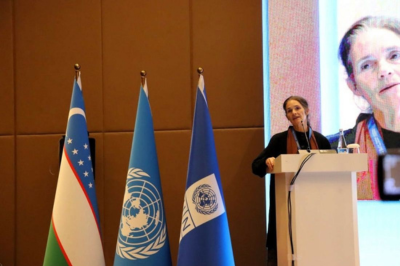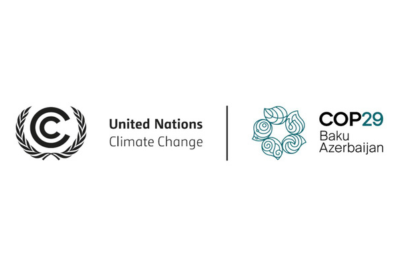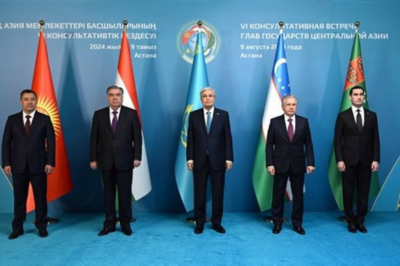The Annual Meeting of the Multidimensional Poverty Peer Network (MPPN) held in Tashkent from August 27-29, 2024, highlighted critical developments in understanding and tackling global poverty. One of the primary focuses of the conference was the Multidimensional Poverty Index (MPI), an innovative tool that expands the measurement of poverty beyond traditional income metrics to include multiple deprivations that individuals face across various dimensions such as education, health, and living standards.
The MPI is proving to be a vital instrument for policymakers, offering a comprehensive view of poverty that allows for more targeted interventions, effective resource allocation, and enhanced tracking of progress in poverty reduction efforts. It facilitates comparisons of poverty across regions and dimensions, thereby supporting governance and aiding the advancement of the Sustainable Development Goals through improved social programs.
The latest findings presented at the meeting, drawn from the MPI 2023, indicated that over 1.2 billion people worldwide live in multidimensional poverty, contending with severe deprivations in health, education, and essential living standards. South Asia and Sub-Saharan Africa are particularly affected, with widespread deprivations in education and living standards noted, including critical shortages in access to clean water, electricity, and adequate housing.
In Uzbekistan, the adoption of the MPI has started to provide insights into the local dimensions of poverty. The pilot MPI for Uzbekistan considers various facets, including basic infrastructure and living standards, health and social capital, financial inclusion, and employment. This nuanced approach has revealed that 1.7% of Uzbekistan’s population is multidimensionally poor, with a deprivation intensity of 35.3%. Uzbekistan’s MPI value stands at 0.006, which is higher than Kyrgyzstan's but lower than Tajikistan’s, underscoring the need for precisely focused poverty reduction strategies in the region.
The conference thus emphasized the MPI's role in reshaping how poverty is understood and addressed globally, showcasing its effectiveness in providing actionable data that can lead to substantive changes in poverty alleviation policies.





